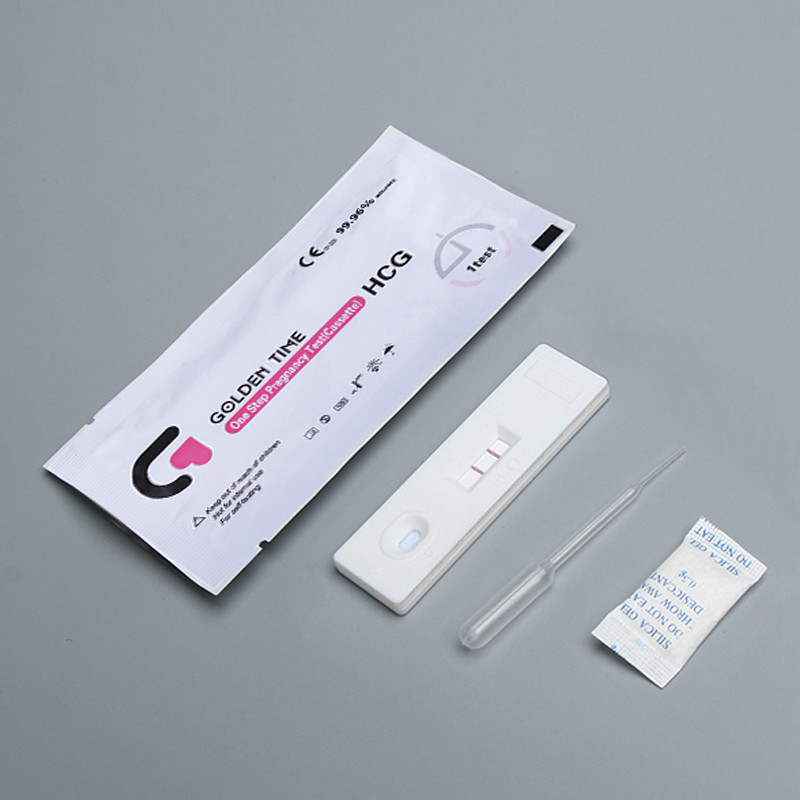Sep . 28, 2024 15:10 Back to list
Analysis of Wholesale Pricing for FOBT Test Manufacturers in Current Market Trends
Understanding the Wholesale Cost of FOBT Test Manufacturers
The fecal occult blood test (FOBT) is a crucial screening tool used primarily for the early detection of colorectal cancer. As the demand for health screening tools continues to rise, understanding the wholesale cost of FOBT test kits and their manufacturers is essential for healthcare providers, policymakers, and stakeholders in the medical supply chain.
The Importance of FOBT Testing
Colorectal cancer is one of the most common cancers worldwide, and early detection significantly improves treatment outcomes. FOBT helps in identifying blood in the stool, which can be an early sign of polyps or cancer. Given its non-invasive nature and ease of use, FOBT is often recommended as part of routine screening for individuals over the age of 45. The effectiveness of these tests heavily relies on their availability and affordability, which brings the wholesale cost incurred by manufacturers into focus.
Factors Influencing Wholesale Costs
The wholesale cost of FOBT tests can vary widely, influenced by several factors
1. Manufacturing Processes The complexity of the manufacturing process and the technology used in the test can significantly impact costs. Advanced diagnostic molecular techniques may be more expensive to produce than simpler methods, affecting the final wholesale price.
2. Economic Scale Larger manufacturers often enjoy economies of scale, where increasing production volume leads to lower costs per unit. Smaller manufacturers may struggle to compete on pricing if they cannot match these production levels.
3. Raw Materials The cost of raw materials used in producing FOBT kits also plays a critical role. Fluctuations in prices for chemicals and other components necessary for test production can lead to increased wholesale costs.
wholesale cost of fobt test manufacturers

4. Regulatory Compliance FOBT manufacturers must abide by stringent regulatory standards set forth by health authorities such as the FDA (U.S. Food and Drug Administration) or the EMA (European Medicines Agency). The costs associated with compliance, such as testing, validation, and certifications, are often passed on to wholesalers.
5. Market Demand The balance of supply and demand in specific markets can greatly influence wholesale prices. For example, during health crises, demand for FOBT may surge, leading to price fluctuations.
6. Distributor Margins Wholesalers and distributors also add their markups to the cost of FOBT tests, impacting the final price for healthcare providers and patients. Understanding the distribution channels can help stakeholders comprehend the total cost structure.
The Competitive Landscape
The FOBT market features a mix of established companies and newer entrants. Leading manufacturers often have established reputations and extensive distribution networks, which can lead to competitive pricing. In contrast, newer companies may initially price their products lower to gain market share but may not have the same reliability or track record.
The competition among manufacturers can lead to fluctuations in wholesale pricing, where constant innovations or improvements in test efficiencies may also prompt price realignments. As a result, healthcare institutions need to evaluate not just the costs, but the overall quality and reliability of the tests they are purchasing.
Conclusion
Understanding the wholesale cost of FOBT test manufacturers is vital for ensuring that these essential screening tools remain accessible and affordable. As the healthcare landscape continues to evolve, stakeholders must consider the various factors that play a role in cost determination, including manufacturing processes, regulatory compliance, and market demand.
Efforts to reduce costs without compromising quality will ultimately enhance the availability of FOBT tests and support early detection initiatives in preventing colorectal cancer. Successfully navigating this complex market requires collaboration among manufacturers, healthcare providers, and regulatory bodies to ensure that the value of these life-saving tests is recognized and maintained. By keeping a close eye on the wholesale costs, all stakeholders can help facilitate better healthcare outcomes through accessible colorectal cancer screening.
-
Malaria Pf Ag Rapid Test Kit - Quick & Accurate Detection
NewsAug.11,2025
-
Accurate Cardiac Marker CK-MB Rapid Test for Quick Results
NewsAug.10,2025
-
Premium Empty ABS Plastic Cassette for Test Strips
NewsAug.09,2025
-
Sterile Urine Cup: Accurate Specimen Collection for Labs & Home
NewsAug.08,2025
-
Malaria Pf/Pan Ag Rapid Test Kit for Fast, Accurate Diagnosis
NewsAug.07,2025
-
Rapid Canine Corona Test: Fast & Accurate Results
NewsAug.06,2025

